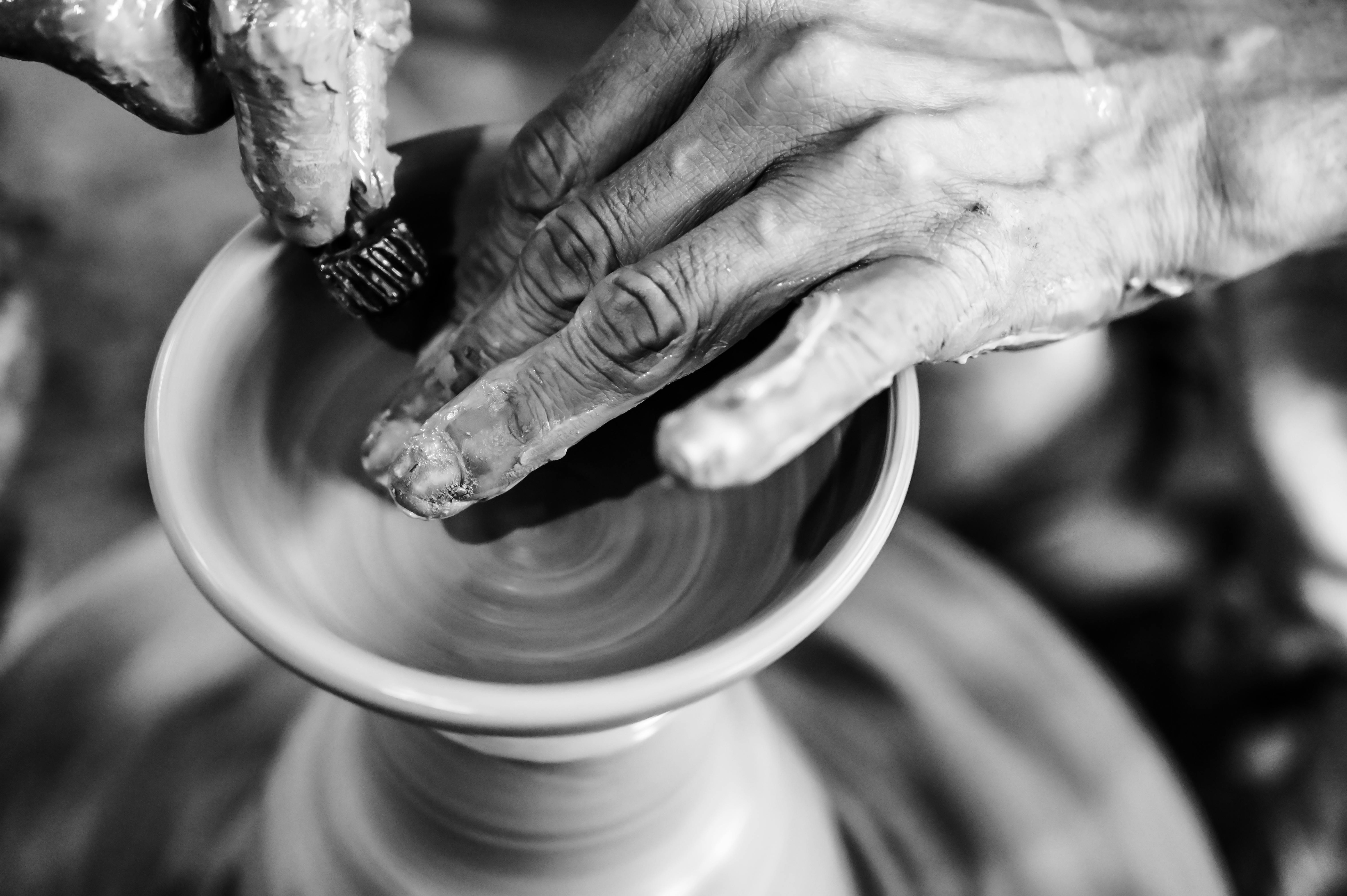
Exploring the best air dry clay for pottery wheel enthusiasts reveals a variety of clays that excel in sculptural versatility, ease of use, and finish quality. When choosing the right air dry clay, factors such as drying time, texture consistency, and final color may significantly impact your crafting experience. Here is a comparative overview to help select the most suitable air dry clay for your pottery projects:
| Brand | Key Features | User Rating |
|---|---|---|
| Crayola | Smooth texture, minimal shrinkage, easy cleanup | 4.5/5 |
| AMACO | Durable when dry, good for detailed work, quick drying | 4.8/5 |
| Sculpey | Soft and pliable, excellent for beginners, bright finish | 4.6/5 |
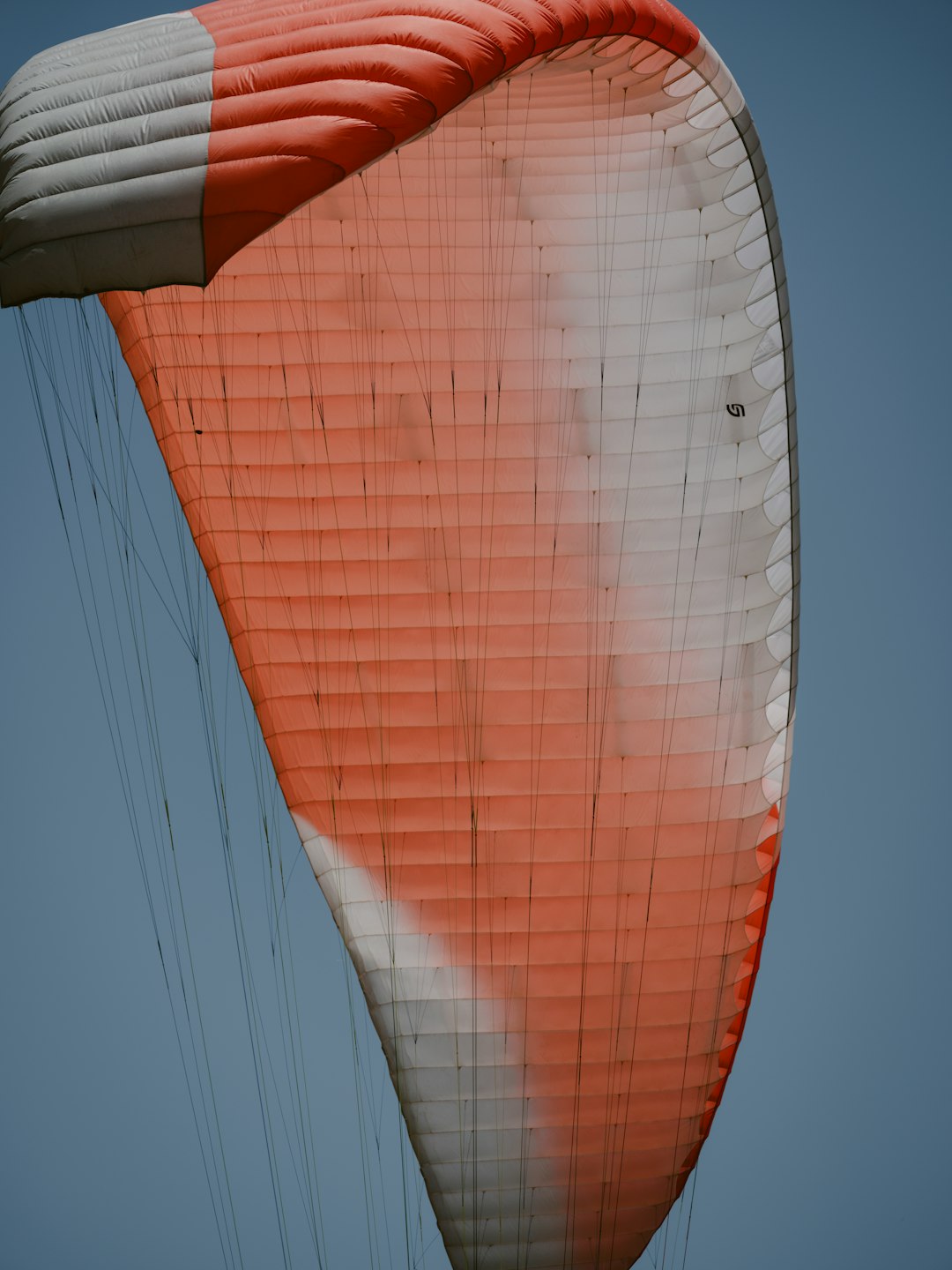
The Unique Appeal of Air Dry Clay
Air dry clay has carved out its niche among crafting enthusiasts for its sheer convenience and versatility. Unlike traditional clay that requires a kiln, air dry clay hardens at room temperature, making it accessible for beginners and hobbyists who want to avoid the complexities of firing. This convenience, combined with the material’s adaptability, allows creators to indulge in intricate detailing and explore a vast array of projects—from functional pieces to purely decorative art. Additionally, learning about different clay types can enhance your understanding and skill set.
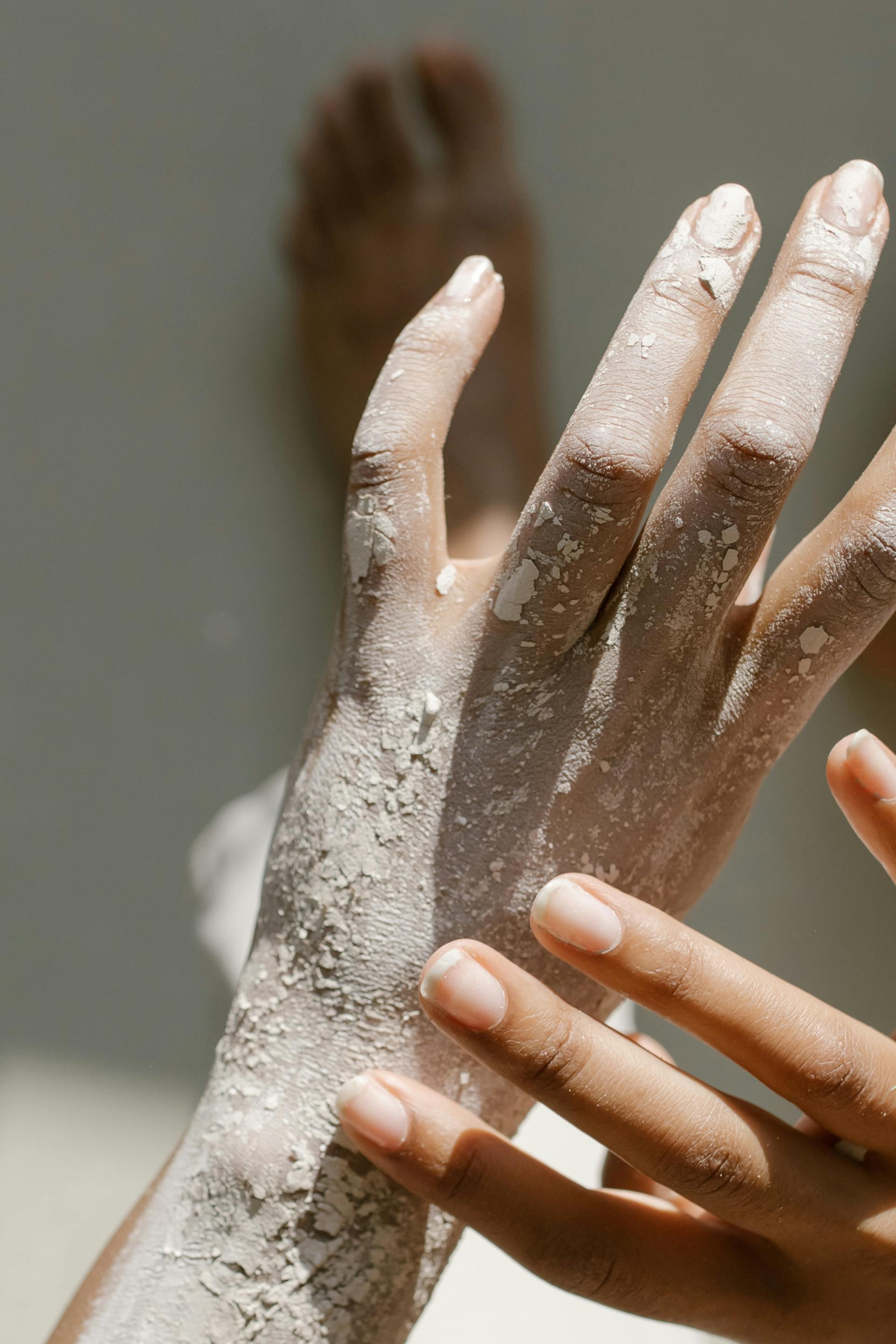
Crayola: A Staple for Artists Young and Old
Beloved by both adults and children for generations, Crayola’s air dry clay is noted for its smooth texture that makes manipulation a breeze. This particular brand minimizes shrinkage, a common pitfall that can distort delicate designs. Pair that with easy cleanup, and it becomes evident why this clay scores a high user rating. Whether you’re sculpting figurines or crafting ornaments, the adaptability of Crayola’s clay offers a forgiving platform for creative experimentation.
AMACO: Precision and Strength
For those seeking durability and precision in their projects, AMACO’s air dry clay is a worthy choice. Known for its strength once dried, artists often favor it for detailed work that demands precision and durability. The clay boasts a quick drying time, an advantage for creators keen on seeing their visions come to life without prolonged waiting periods. AMACO’s clay not only supports intricate craftsmanship but also retains detail beautifully, making it a preferred option for more refined projects. For those interested in the evolution of crafting tools, exploring the history of the pottery wheel might be intriguing.
Sculpey: Perfect for Beginners
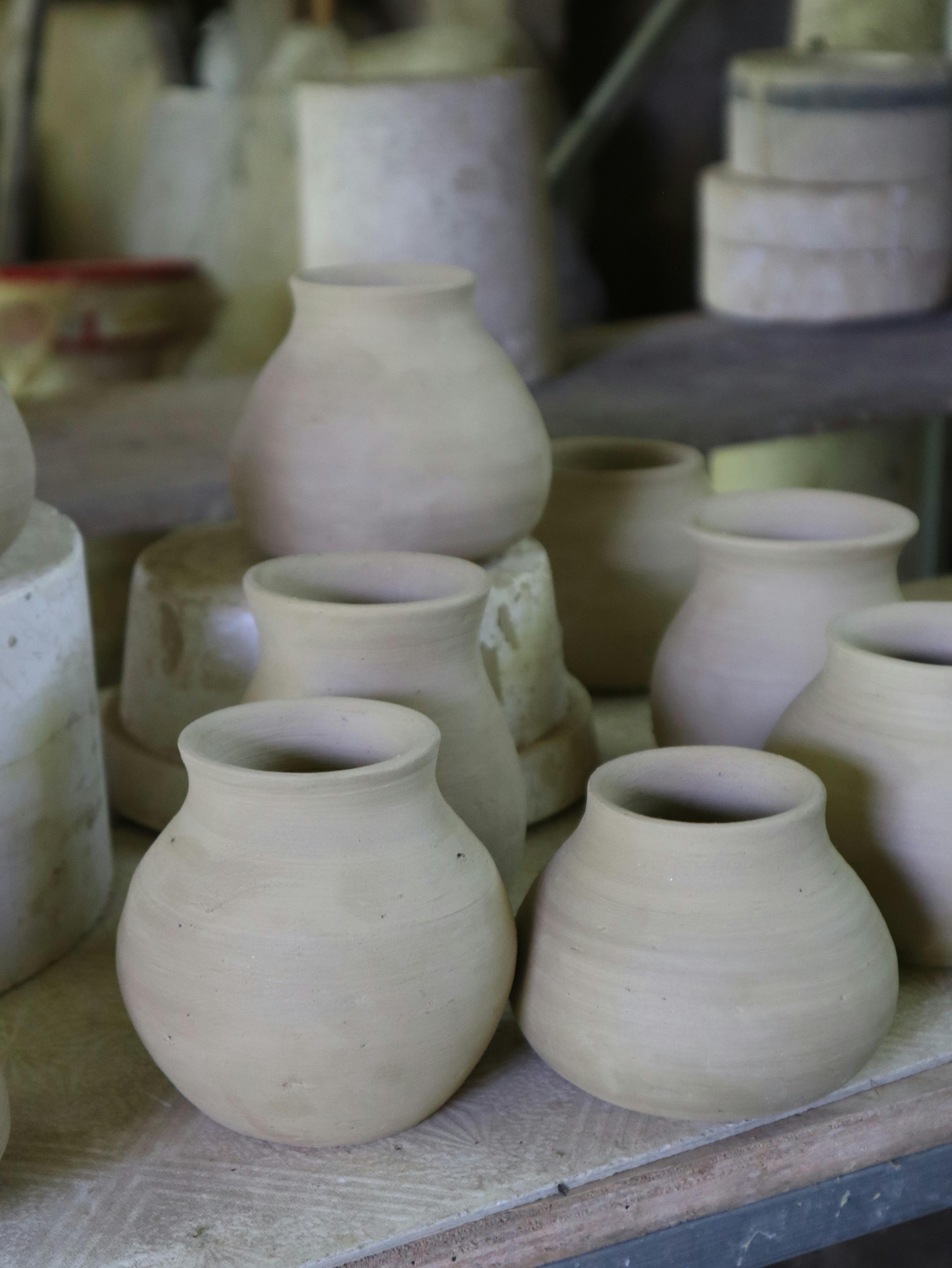
If you are just stepping into the world of pottery and clay modeling, Sculpey offers an inviting start. Known for its soft and pliable nature, it offers ease of use that’s ideal for beginners still acquainting themselves with clay’s properties. Once set, Sculpey dries to a captivating bright finish, enhancing both the visual appeal and the aesthetic enjoyment of your creations. This clay is excellent for users who want to explore colorful compositions without worrying about handling complex materials. Discovering handbuilding techniques can further enrich your creative endeavors.
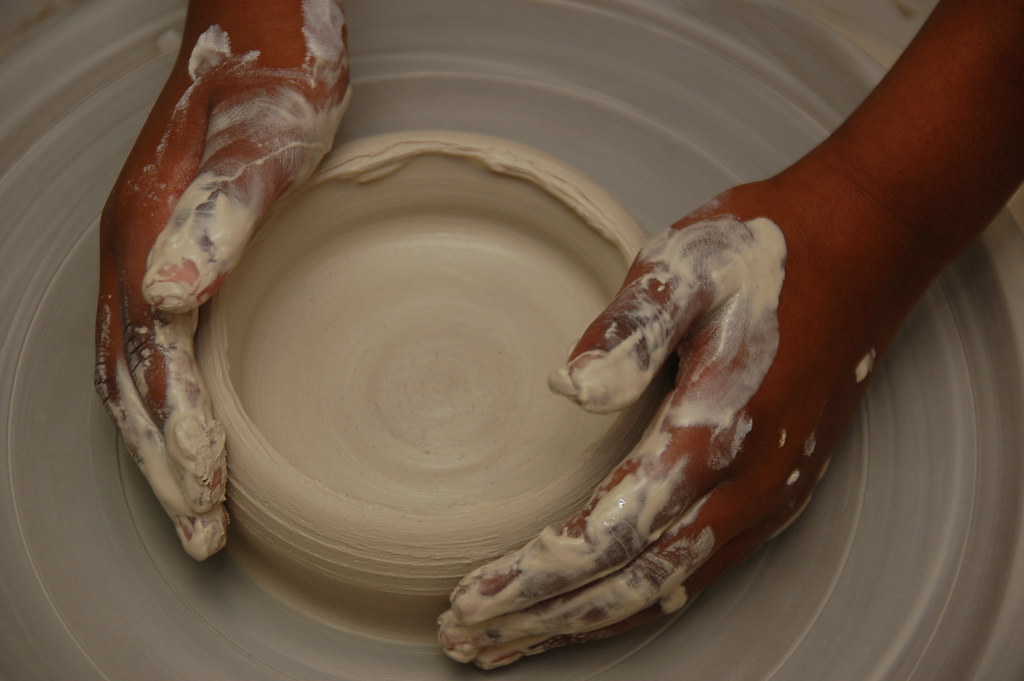
Choosing the Right Clay for Your Project
With numerous options available, selecting the right air dry clay boils down to the specifics of your project and your personal preferences. Here are some factors to consider:
- Texture: Softer clays like Sculpey are great for molding, whereas stiffer clays such as AMACO support detailed crafting.
- Drying Time: Quick-drying options are best if you favor efficiently completing projects.
- Purpose: Evaluate your project’s requirements—whether it’s the intricacy of design or the durability of the final product.
Picking the perfect clay not only enhances your crafting experience but can also inspire greater artistry. Share your journey with us! What projects have you embarked on using air dry clay? We’d love to hear your tips, triumphs, or even challenges you’ve encountered along the way. Let’s create a community of shared inspiration and stay updated with our recent articles!
Discover the Best Air Dry Clays in Action
Exploring the best air dry clay for pottery wheel enthusiasts reveals a variety of clays that excel in sculptural versatility, ease of use, and finish quality. When choosing the right air dry clay, factors such as drying time, texture consistency, and overall performance are essential. To see these clays tested in real-time, check out The Pottery Wheel’s video, “Trying 3 types of air dry clay on the pottery wheel.”
What is the best clay to use on a pottery wheel?
Grolleg (often called china clay) is highly regarded for its smooth, white finish and slight translucency, although it does lack some flexibility. Another English variety, sometimes referred to as Super Standard China Clay, also produces a bright, translucent result but isn’t as plastic. If you’re looking for something that’s easier to shape, Tile 6 is very pliable yet not as translucent. C+C, a ball clay containing kaolin, strikes a balance between workability and strength. While these traditional clays are typically fired in a kiln, you can also explore the best air dry clay for pottery wheel work if you’re seeking a non-fired option for decorative pieces.
Can you use Crayola Air Dry Clay on a wheel?
Crayola® Air-Dry Clay behaves similarly to a porcelain clay body when wet, making it possible for intermediate and advanced potters to use on a wheel. However, it’s crafted specifically for air drying and should never be fired in a kiln or finished with standard ceramic glazes. If you’re ready to experiment, just remember that it won’t yield the same durable or watertight results as kiln-fired clays.
Which is the best air drying clay?
Many artists love air dry clay for its simplicity and cost-effectiveness. DAS air dry clay, for instance, is often praised as one of the top choices. It’s made of tiny paper fibers that require water to sculpt, making it slightly messier than polymer clay but offering a more ceramic-like finish once dry. If you’re using air dry clay on a pottery wheel, be mindful that it may feel different from standard earthenware or stoneware. Still, it’s a fantastic budget-friendly alternative for those exploring wheel-throwing without the need for a kiln.
Finding the perfect air dry clay for your pottery wheel projects doesn’t have to be a challenge. Whether you’re a beginner or a seasoned artist, the right clay can make all the difference in your creative process and the final outcome of your pieces. Remember to consider factors like drying time, texture, and finish quality to ensure your work truly stands out.
Stay Connected with Our Community
We love seeing your beautiful creations and sharing tips to help you grow your pottery skills. Make sure to follow us on Instagram to stay updated with the latest techniques, inspiration, and community stories. Happy sculpting!
